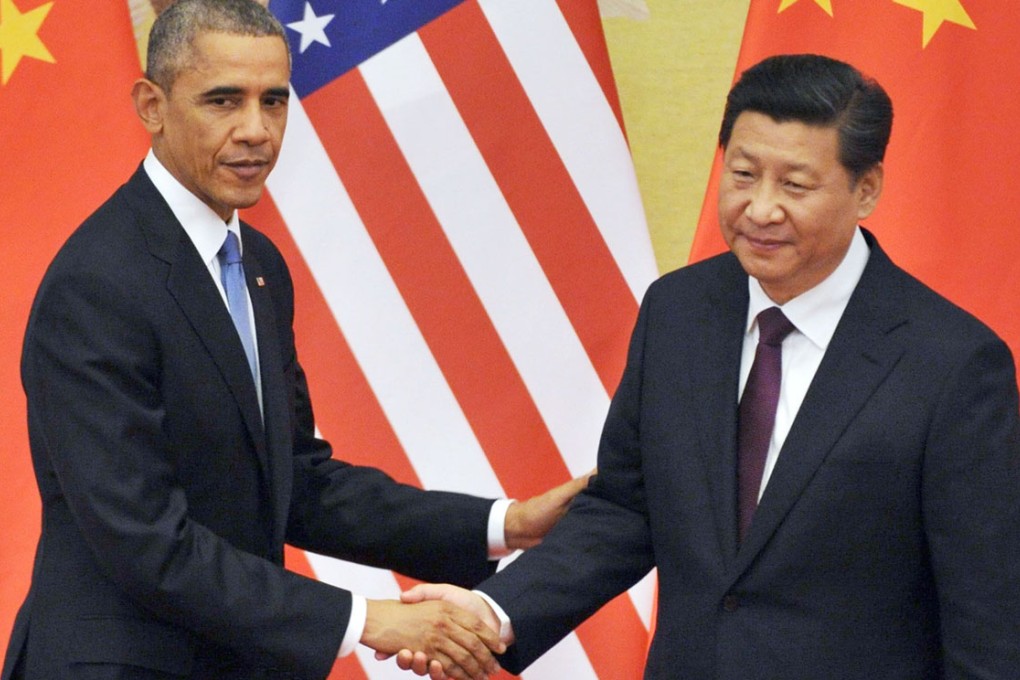Mr. Shangkong | Visa deal to help bridge the US-China divide
Misunderstandings between countries' citizens likely to be eased through relaxed travel rules

When Xi Jinping and Barack Obama this month announced a visa deal to make it easier for Chinese and Americans to travel between the two countries, the leaders probably had businessmen and students in mind.
While both these groups will gain, the relaxed policies are likely to bring other benefits that may not be immediately apparent but will help foster better understanding between the sides over the long term.
Take my parents. They are visiting the United States for the first time and I've noticed gradual changes in their attitudes. My father used to be a government-designated photographer for state media in Beijing and Shanghai - a very "red" background. He studied Russian as his second language, as the Soviet Union was then considered China's "big brother".
He was often told by his bosses about the evils of so-called American imperialism. I recall that when I decided to join Dow Jones, a typical US media company, he asked me: "Are you sure? Do you really want to work for an American company? Can Americans be trusted?"
Only about a third of the American public had a favourable view of China
Since they arrived in New York last week, I have been showing them around. We spent a weekend in Washington, where my dad was a bit surprised at the sight of protesters in front of the White House and the relaxed attitude of police officers nearby.
